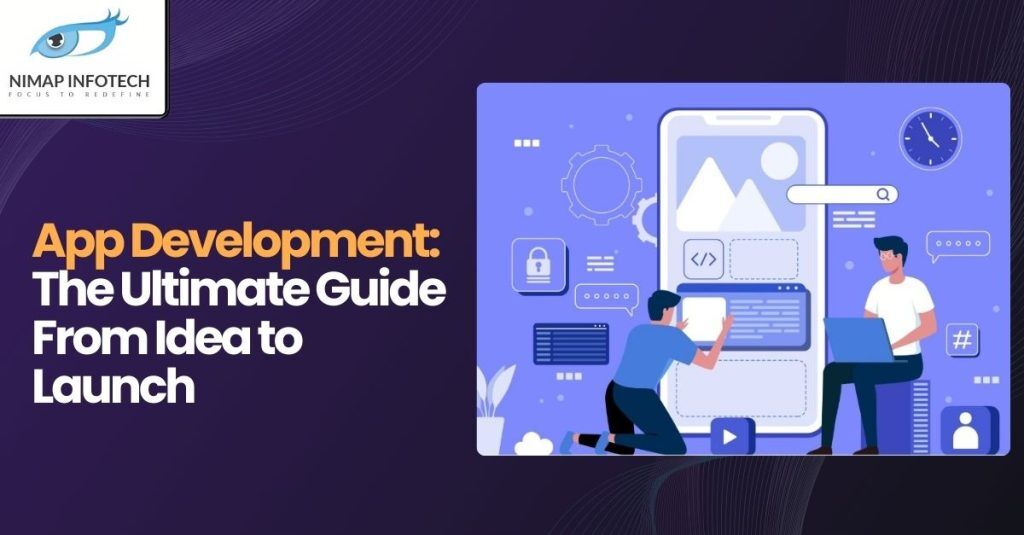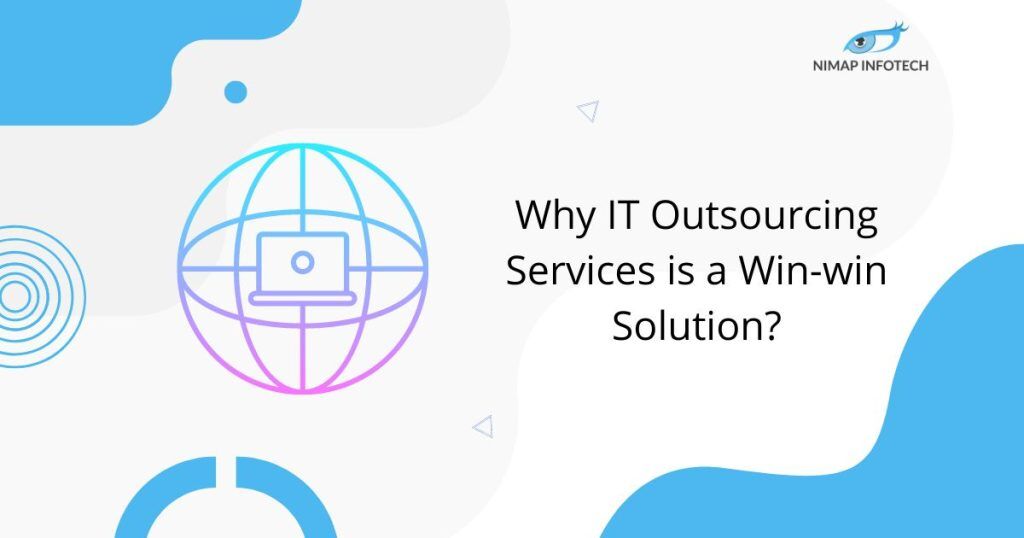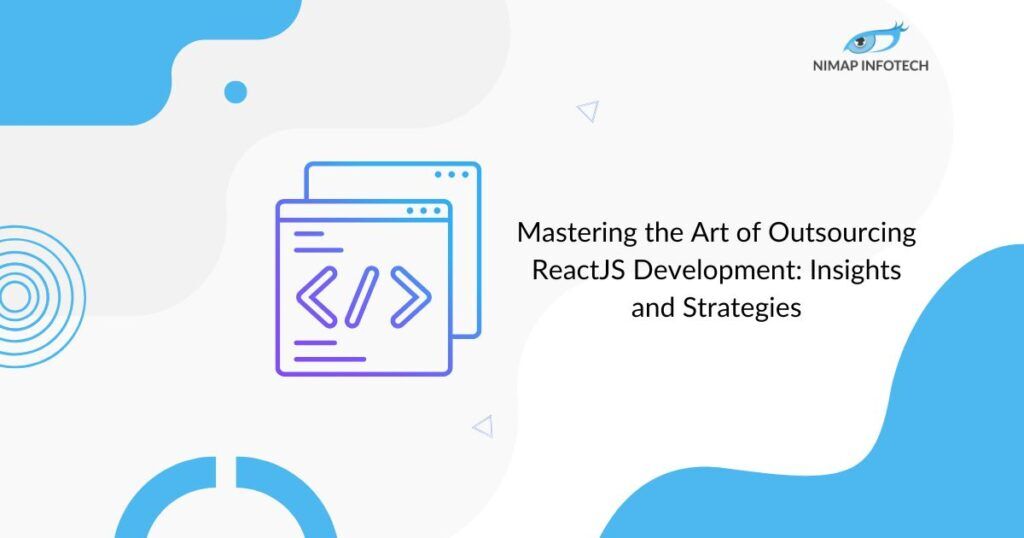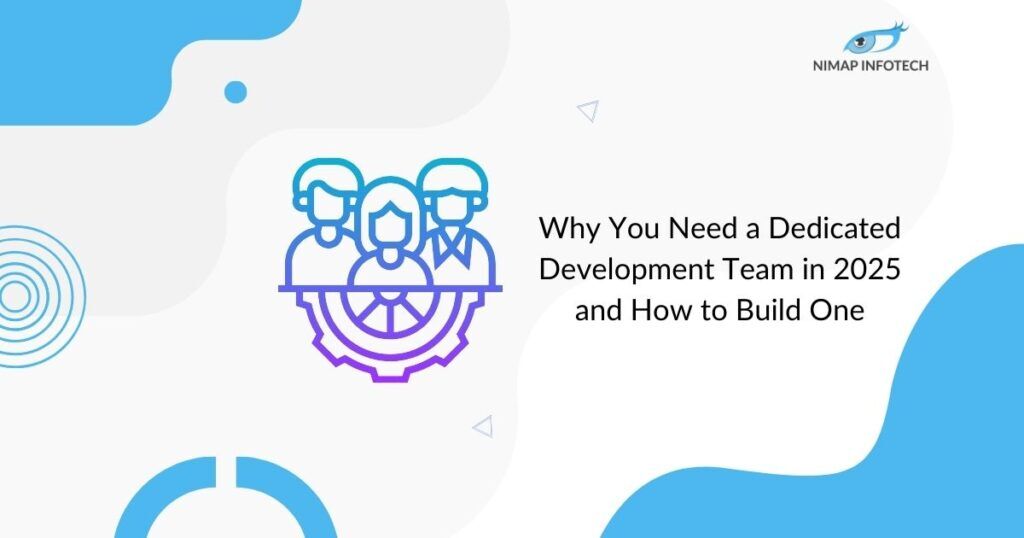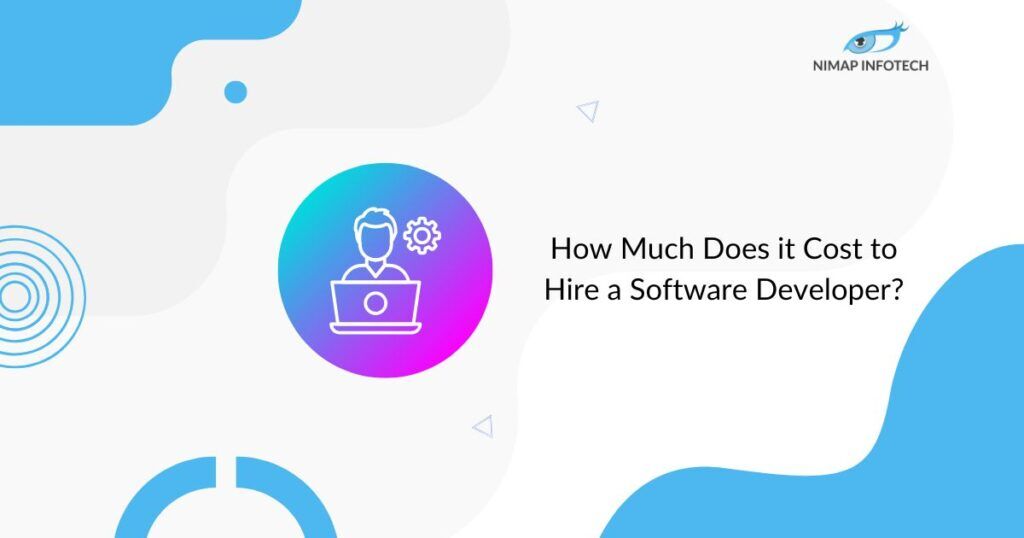If you’ve been seeking a complete guide to app development that considers cutting-edge development techniques, cutting-edge technology, and the overall industry picture, then your dream has been fulfilled. This blog will provide you with a detailed analysis of the market and all the information you want to design mobile applications.
Table of Contents
ToggleWhat is Mobile App Development?
To begin with the basics, what is involved in the process of “mobile application development”? Basically, it refers to a collection of procedures that programmers use to create applications that can function on our mobile devices.
It takes more than just developing code and testing it on mobile platforms to create a mobile app development process, though. To ensure that the app is prepared for market release, it must go through a number of development phases and procedures, starting with the validation of your app concept and continuing with audience research, wireframe creation, stability testing, and regular maintenance.
Stages of Mobile App Development –
The process of creating a mobile app or web development project consists of a number of phases and procedures that work together to finish the cycle. While each project’s app development guide may be different based on its nature, available resources, and objectives, the fundamental processes of app development could stay the same. These procedures and steps are as follows:
Research and Planning:
- Although having an app concept is fantastic, there is still a ton of work to be done before turning the concept into an app.
- It’s self-evident that the calibre of your research will directly impact the effectiveness of your project.
- It will enable you to save resources and utilize them to their full potential over time.
- Therefore, before you begin the development, conduct significant investigation and preparation.
- Start by determining the answers to queries such as “Is there a potential market and audience for the app?,” “How strong are the competitors?” “What distinguishes the app’s unique selling point?” and similar ones.
Wireframing:
- A wireframe is a rough draft that serves as a template for software.
- Developers and other team members may better comprehend the requirements for the program and its fundamental principles thanks to this skeleton portrayal.
- Make a two-dimensional graphic blueprint for your app or its basic structure.
- Keep in mind that the main goal of wireframing is to demonstrate how your product will function rather than how it will appear.
- Consequently, you need to define the navigation, page elements, product categories, conversion areas, Call to Action buttons, and other related aspects.
Also Read: What is Hybrid App Development? The Ultimate Guide
UI/UX Design:
- Designing the UI/UX (User Interface/User Experience) is one of the most important components of creating mobile apps.
- The process of developing elements that let consumers interact with your program is known as user interface designing. This might apply to the app’s buttons, controls, and other components.
- UX focuses on making sure that users interact with the program naturally, whereas UI is concerned with developing components.
- It is the process of creating a seamless user experience for the app.
- Your design must guarantee utility, simple accessibility, frictionless navigation, and attractiveness even though the experience may be subjective.
Development:
- The technological stack may be put together and the main development process can begin once the research is complete, feedback on your wireframes has been obtained, and your UI and UX design has been described.
- Depending on the software or development strategy you choose, this stage will go in a certain direction.
- For bespoke app creation, you will need to begin the coding process at this point.
- On the other side, if you select automated tools and software, you could need to submit your needs, begin working with low-code programming, or use a drag-and-drop app builder.
Testing and Deployment:
- Despite the fact that it may seem easy, testing is a difficult procedure that is essential to any app development effort.
- To prevent post-launch risks, it is critical to find any defects, problems, and deficiencies at this early stage.
- You can test your mobile apps like a pro by consulting our comprehensive guide on mobile app testing.
- You may launch and distribute the apps when you are happy with the final result and all the modifications have been made. This is the spot where you submit your iOS and/or Android app builds to the store.
- This usually entails uploading your apps to the Apple App Store and Google Play Store. However, you may also share it directly over the web or via other channels, depending on the type of app (Example PWAs).
Post-launch Support:
- Your software should have cleared the review by now and be available for people to download and install.
- Optimizing your app for the app stores is something we advise to guarantee higher rankings and more visibility.
- Your team should be prepared to assist users and stakeholders with any post-launch issues as soon as the app is operational.
- Assist both new and current users in learning about and becoming acquainted with the product.
- Begin gathering comments, reviews, and ratings, and use analytics to improve the features, content, and appearance of your app.
- Release app updates in response to user input to improve your offering.
- Now go ahead and promote your app to boost usage.
Reasons to Build Mobile Applications –
Why are mobile app development technologies important? What advantages come with learning app development? Why even develop apps? Regarding app development, all of these queries are addressed in this area. Discover why you ought to go into mobile app development by scrolling down:
Customers prefer mobile apps:
- It makes sense that applications are popular.
- Most people use mobile applications for consumption, buying, and exploring goods or entertainment when given the option.
- Applications are simpler to use, more convenient to access, and easier to browse.
Businesses are investing in apps:
- Nearly half of small firms have a mobile app. A quarter of small firms intend to develop an app in the near future.
- It is evident from all these figures that companies are spending money on applications. This encompasses big, medium, and small enterprises.
- Companies, institutions, federal agencies, celebrities, and experts are developing apps to interact with their consumers.
New technologies have made app development easy:
- The advent of low-code and no-code technologies, automated mobile app development software, and numerous accompanying tools has significantly simplified application development.
- Now is the ideal moment to start your own app development business or pursue a career as an app developer.
- These technologies can expedite app projects, streamline development processes, and produce apps quickly and efficiently with minimal resources.
- You may become an affiliate partner or reseller and sell applications to users even if you don’t wish to build apps yourself.
App development has good career opportunities:
- The demand for mobile apps is consistently high due to the market.
- According to statistics, the U.S. Bureau of Labor Statistics projects a 26% rise in software developer employment.
- Above all, app development is a rewarding field of work with a good income.
- Hire mobile app developers in India.
Read More: The Ultimate Guide to Cross Platform App Development
That was all about developing mobile apps and the most recent methods and trends in the field. In summary, there is a bright future for applications, mobile app development is profitable, and there are new and wiser approaches to produce apps within optimal budgets and timescales. If you have a shortage of mobile app developers you can hire a dedicated software development team from Nimap Infotech. We provide Android application development services based on your requirements.
Author
-

Sagar Nagda is the Founder and Owner of Nimap Infotech, a leading IT outsourcing and project management company specializing in web and mobile app development. With an MBA from Bocconi University, Italy, and a Digital Marketing specialization from UCLA, Sagar blends business acumen with digital expertise. He has organically scaled Nimap Infotech, serving 500+ clients with over 1200 projects delivered.
View all posts

